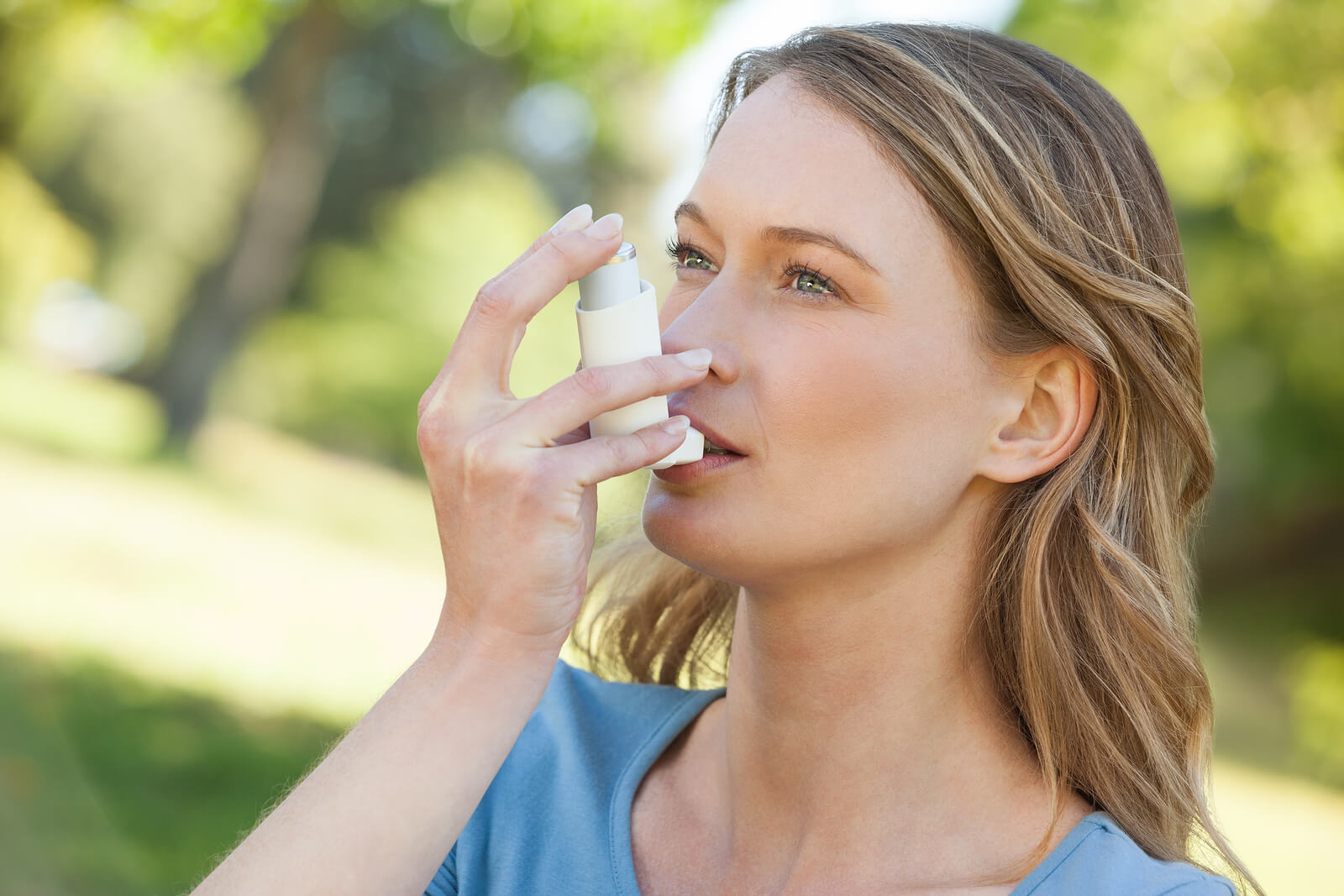College Students Health
Prescription drugs help college students live a healthier, better quality life. Sometimes though, the potential health consequences of these drugs can far outweigh the benefits, causing serious harm.
About College Students Health
 College is the first time many adolescents and young adults have lived away from home. But with new independence and freedoms, also comes the risk of health and safety issues. During the college years, young adults often face a number of social pressures that can impact their well-being. The lack of sleep, daily stress of balancing school and other activities, and the temptation of drugs all play a role in a college student’s health.
College is the first time many adolescents and young adults have lived away from home. But with new independence and freedoms, also comes the risk of health and safety issues. During the college years, young adults often face a number of social pressures that can impact their well-being. The lack of sleep, daily stress of balancing school and other activities, and the temptation of drugs all play a role in a college student’s health.
How a person takes care of themselves during their late teens and early 20s will affect their overall health as they enter adulthood. For example, maintaining a balanced diet and exercising regularly will not only help you feel better, but also lowers your risk of developing certain health conditions like heart problems, type 2 diabetes and high blood pressure.
Most university campuses have student health service centers that individuals can go to for a variety of health information and needs. With medical professionals and counselors on site, students can seek help for general health issues, sexual health concerns, nutrition counseling and mental health disorders. Oftentimes, college health centers recommend appointments; however, some allow walk-ins as well. The medical team can conduct screenings, answer health-related questions or concerns, as well as provide a prescription if medication is needed for treatment.
How Drugs can Impact College Students Health
Prescription drugs keep the effects of various health conditions under control so that a child can live a better, pain-free life. However, taking too much of a medicine for too long can start to have adverse effects on children’s health. Some drugs also are more likely to cause potential dependency issues over time. Because of this, it’s important to work with a physician when coming off of a medication to reduce the risk of harmful consequences.
Children’s minds and bodies differ significantly when compared to a teen or even young adult. Drug manufacturer rules and regulations have recently tightened in an effort to keep children safer when taking prescription or over-the-counter drugs. Although there are still a number of medications that can trigger unwanted effects, U.S. health officials are implementing new safety measures to lower the dangers many children face when taking medicine.
Treatment for Infectious Diseases
 Infectious diseases like influenza, mumps, meningitis and mononucleosis are common among the college population. Because these diseases are caused by bacteria and viruses, they can spread quickly and aggressively. Although there is no way to prevent an infectious disease from occurring, college students can reduce their risk by getting adequate sleep, drinking plenty of water and having good hygiene.
Infectious diseases like influenza, mumps, meningitis and mononucleosis are common among the college population. Because these diseases are caused by bacteria and viruses, they can spread quickly and aggressively. Although there is no way to prevent an infectious disease from occurring, college students can reduce their risk by getting adequate sleep, drinking plenty of water and having good hygiene.
Some vaccines are able to block different types of infectious diseases from spreading through the body. Each year, millions of people get a flu vaccine to protect them against several strains of the influenza virus. While many individuals have no reaction to the flu vaccine, others experience minor side effects including soreness, headache, fever, nausea and muscle aches. Serious side effects – difficulty breathing, wheezing, paleness and a fast heartbeat – are rare and often related to allergic reactions to the vaccine.
Antibiotics and antivirals may also be used to treat an infectious disease. These are generally administered when a person has been impacted by an illness and are an effective form of treatment. Although antibiotics and antivirals help cure various symptoms of an infectious disease, they may trigger unwanted side effects. Some of these include stomach pain, rash, nausea, diarrhea and headache. To lower the chance of negative side effects, the medicine should only be taken as prescribed and carefully monitored by a health professional.
Allergy Medication
 College students with allergy problems should put a treatment plan in place several months before starting school. Since environment is a huge factor in allergy triggers, be sure to consider dorm and apartment living, and climate conditions. Putting a plan in place before entering college will help keep students with allergies safe and healthy.
College students with allergy problems should put a treatment plan in place several months before starting school. Since environment is a huge factor in allergy triggers, be sure to consider dorm and apartment living, and climate conditions. Putting a plan in place before entering college will help keep students with allergies safe and healthy.
An allergist or other medical professional may recommend an antihistamine to help ease allergy symptoms. Medications come in several forms: pills, liquids, inhalers, nasal sprays, injections and skin creams. Side effects of antihistamines usually last for several days and involve drowsiness, yeast infections, dry mouth, blurred vision and restlessness. Long-term use of antihistamines can lead to potentially serious side effects such as increased blood sugar, cataracts, muscle weakness and stomach ulcers.
Be sure to research and discuss antihistamine options with your doctor before beginning treatment to determine the right one for your condition. The majority of antihistamines are for short-term use only and should not be taken longer than its intended use. Follow instructions regarding dose information and frequency to avoid long-lasting or irreversible complications.
Mental Health
 The number of college students struggling with mental health disorders is at an all-time high.
The number of college students struggling with mental health disorders is at an all-time high.
Roughly 30 percent of students’ report having difficulty functioning in their daily lives due to depression. The pressure and stress of classes and social activities can take a toll on students, leaving them feeling a roller coaster of emotions.
A college student’s mental health is just as important as their physical well-being. In addition to behavioral therapy, some counselors may suggest using of an antidepressant to treat symptoms temporarily. Mild cases of depression or anxiety usually only require taking a prescription for several weeks or months. However, if symptoms persist or a person’s depression resurfaces, the antidepressant may be needed for extended period of time. Long-term use of certain mental health drugs may involve harmful side effects such as an increased risk of suicide, irregular heartbeat, memory problems and thoughts of suicide.
Taking medicines to treat a mental health condition requires regular check ins with your doctor to discuss any signs of improvement or difficulties you may be experiencing. Even if you begin to feel fine and back to your normal self, consult with your doctor before coming off of an antidepressant.
Sexually Transmitted Disease (STD) Prescription Drugs
 Every year, millions of college students are diagnosed with a sexually transmitted disease (STD). The infection rate of STDs is highest among adolescents between the ages of 15 and 19, followed by young adults who are 20 to 24 year olds. If left untreated, an STD can cause lifelong effects in both males and females.
Every year, millions of college students are diagnosed with a sexually transmitted disease (STD). The infection rate of STDs is highest among adolescents between the ages of 15 and 19, followed by young adults who are 20 to 24 year olds. If left untreated, an STD can cause lifelong effects in both males and females.
Unfortunately, some STDs can lay dormant for months or even years with very few signs or symptoms. In order to reduce the risk of coming in contact with an STD, college students should be regularly tested at the doctor or university health clinic. Frequent STDs to test for include chlamydia, gonorrhea, hepatitis, herpes, HIV and syphilis. It’s important to know that if you are diagnosed with an STD, it can be properly managed and treated.
A common way to treat STDs and prevent uncomfortable symptoms is by taking medication. While some individuals will not have any reaction to the drug, others may experience painful side effects. Minor complications typically only last a few days, while more severe effects can be felt much longer. Contact your doctor or get immediate medical attention if you have an irregular heartbeat, severe stomach pain, unusual weakness, fever, or sudden pain and swelling around your body.
Learn More about Drugs and Medical Devicesthat Affect College Students
Find out more about how prescription drugs and medical devices can cause significant harm to college students. Get the help you deserve by scheduling a free legal consultation now.
Last Edited: January 25, 2017